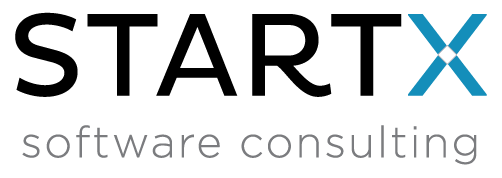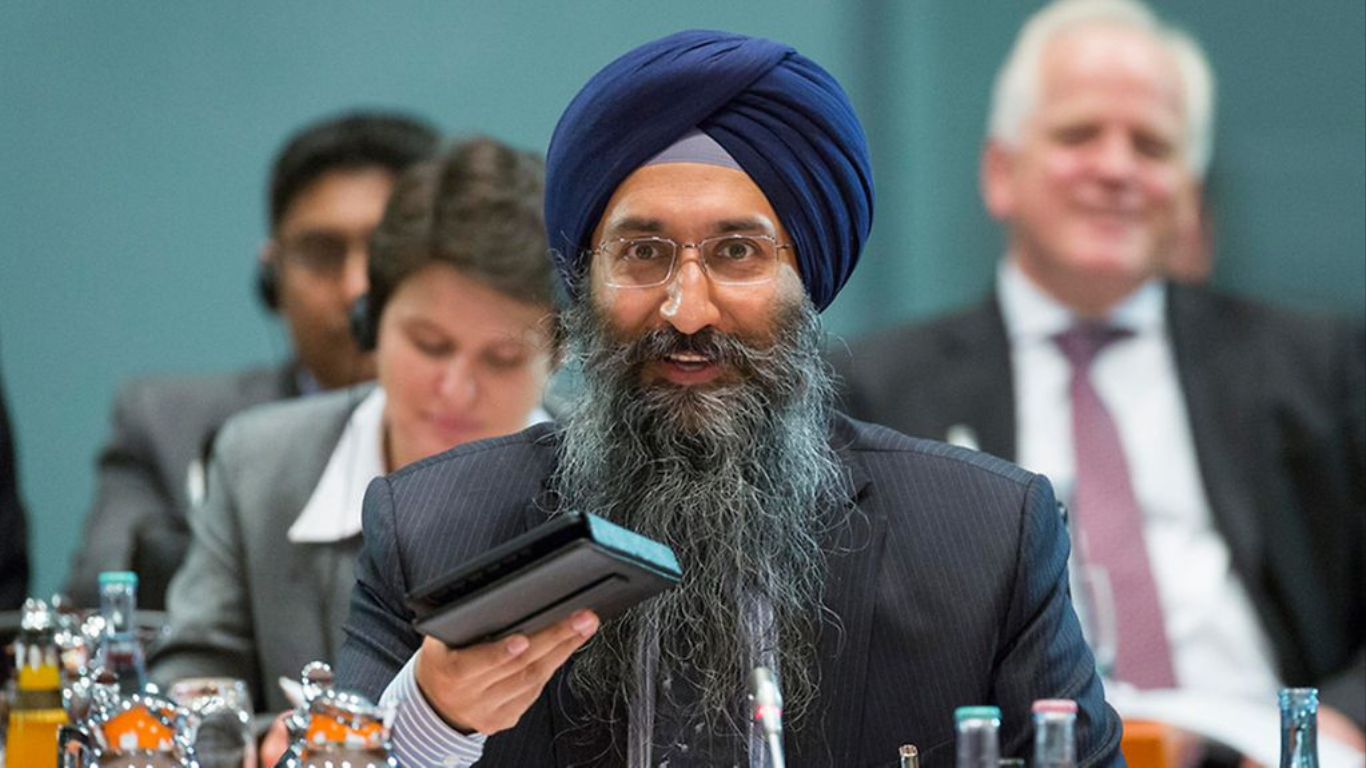The article introduces entrepreneur and visionary Suneet Tuli, who takes up the challenge to help improve education in India in a more equitable and affordable way using software and current technology. I want to highlight how the business model, hardware and software exemplify a means to an end, and not the end as such. I emphasize this because nowadays it is easy to lose perspective and objectivity in the face of electronic consumerism and its real reason for being.
It is very common for all of us to go about our day-to-day business without realizing that there are simpler, more efficient, and more affordable ways to streamline our tasks and improve our performance. We usually discover these software and hardware tools, until the moment one or more of our tasks become critical to our growth and increase our capacity; hence we look for options to achieve this by the means we know. Mr. Tuli rightly determined that education is key to progress in India and sought ways to improve it by making it more accessible through software and technology, facing the great stigma of cost and the prejudice of the impossible.
Mr. Tuli solves this challenge by finding ways to bring low-cost mobile equipment (tablets), software and web access to students in India to support their education and provide them with better opportunities. Fighting against the old patterns that cutting-edge technological advancement is extremely expensive and an unattainable resource. He did this by exploring business models and modern alternatives that allow technology to become a profitable and sustainable resource. Tuli turned his company into the largest and most successful producer of tablets in India, a mass market.
Here I give you the three points I wish to reaffirm in Tuli’s action:
Vision: motivated by his social and entrepreneurial conscience he determined a huge need for technology and infrastructure to improve education in India.
Determination: without first asking how, he set a goal that represented a great challenge for his company, beyond money and obvious limitations.
Innovation: taking advantage of the “momentum” in the development of electronic devices and software, he uses available resources to provide an innovative Web access scheme that allows information to be viewed more efficiently.
Let’s do a little exercise to apply the above three points: If you have a nail and you want to drive it in (vision), what do you need to accomplish that task immediately (determination)?
Many of us automatically think of the hammer; but have you ever thought about what surface you want to drive it into? If it were in the ground or in a cork, you may need nothing more than your hands or a rock and a little effort (available resources and ingenuity).
With Tuli’s great example, I dare to say that in Costa Rica we have an immense potential to use software and technology as an ally to achieve many of our short-, medium- and long-term goals, in a more efficient and profitable way. Leaving aside the pessimism and lack of vision to take our country to another level of development.


